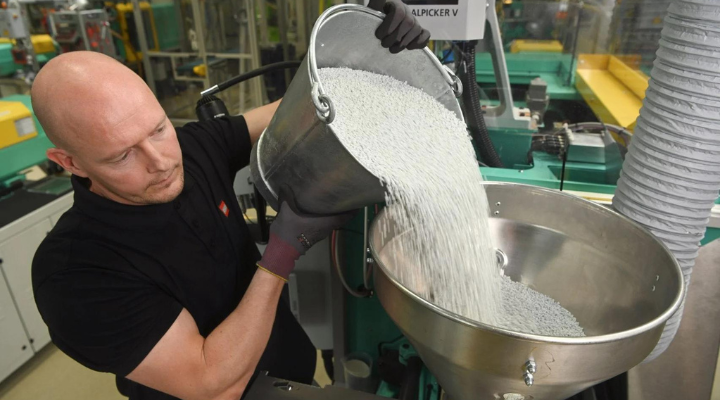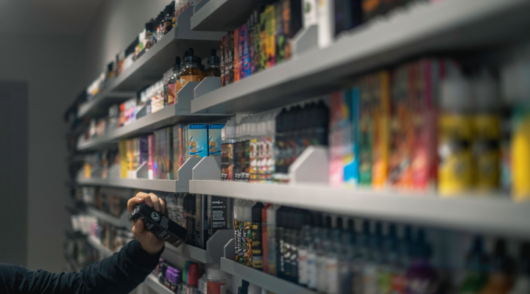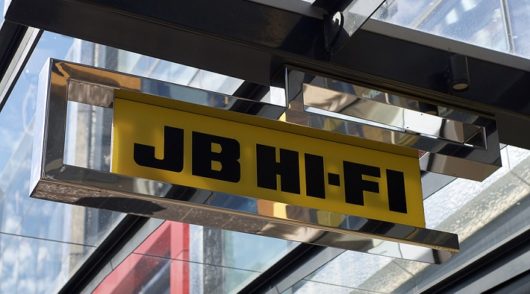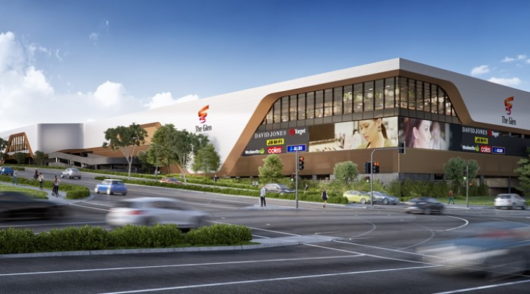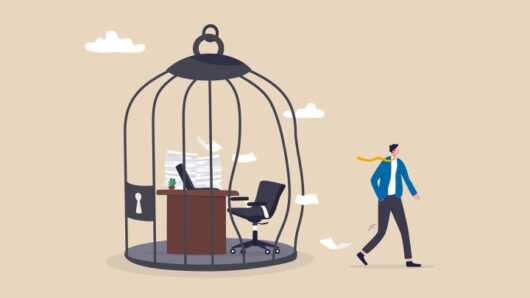Lego has scrapped its plans to make its bricks from recycled bottles after discovering the method does not reduce emissions and, when adopted at scale, would leave a higher carbon footprint.
The company makes most of its colourful toy bricks from ABS (acrylonitrile butadiene styrene), a virgin plastic from crude oil.
In 2021, the Danish toymaker began its transition to using rPET (recycled polyethylene terephthalate) as part of its initiative to use greener materials for its bricks.
However, after two years of testing, calculations revealed that using the material would generate more carbon emissions in the product’s lifecycle.
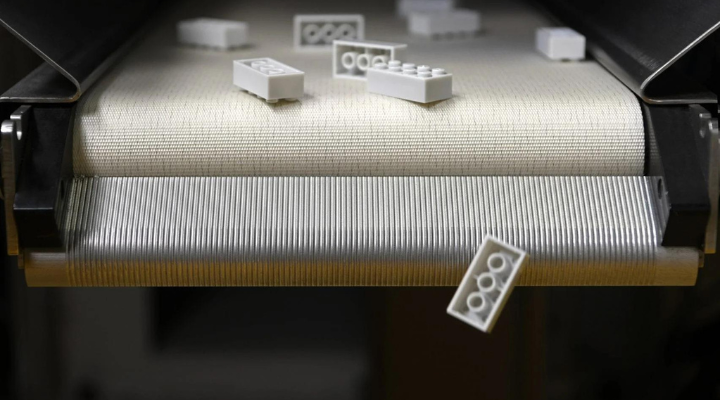
“It’s like trying to make a bike out of wood rather than steel,” Lego head of sustainability Tom Brooks told the Financial Times.
“To scale production, the level of disruption to the manufacturing environment was such that we needed to change everything in our factories. After all that, the carbon footprint would have been higher. It was disappointing.”
As an alternative, the company said it was currently testing and developing Lego bricks from other sustainable sources, including e-methanol, a material made from CO2 waste and hydrogen created using renewable energy.
In addition, Lego said it will continue using bio-polypropylene, a sustainable and biological polyethylene variant for parts in Lego sets such as leaves, trees and other accessories.
“We remain fully committed to making Lego bricks from sustainable materials by 2032,” a Lego spokesperson told Dezeen.

